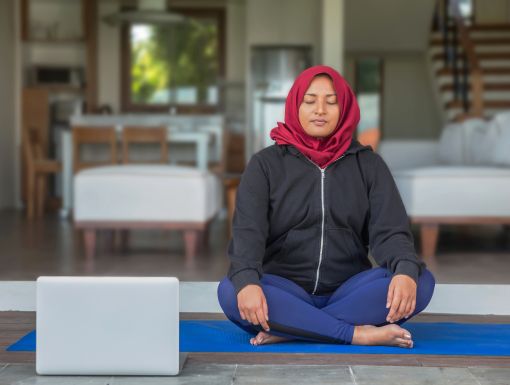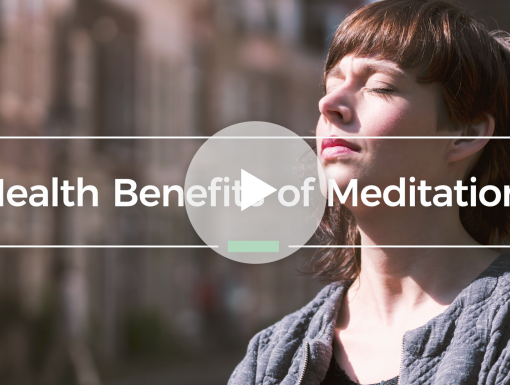
8 Benefits to Beginning Meditation in 2023
Self-care can take several forms. Meditating is one of the most important things you can do for yourself. Now, please take a minute and think about all you know about meditation.
Did cross-legged sitting monks chanting "om" come to mind? Don't worry if it did. This is common for a lot of people! Most people don't even try meditating because of this. Others who know about meditation don't think it will work for them because they have tried it before, or they think, "I can't be that calm or centered. I'll certainly fail at meditating."
So, let's talk about the benefits of meditation:
- Decreased heart rate, lower blood pressure
- Better breathing habits
- Lower levels of stress
- More self-awareness
- Better brain-body connection
- Decreased cortisol, also known as the stress hormone and adrenaline levels. High cortisol and adrenaline levels can increase your risk of health issues, including heart disease, obesity and anxiety.
- Decreased inflammation
- Better memory
Honestly, the list is endless. Don't you want these benefits? Me too! Now, let's talk about how to meditate.
First, start small. Meditation does not have to be an hour long. Start with just a minute of conscious breathing. Become aware of the air going in and out of your lungs.
Second, do it daily. Set an alarm. Set an intention to do this task every day. It takes 21 days to make a habit, so think about doing a short meditation every day for three weeks. By then, the effects will already show, and you will see and feel results.
Next, try different types of meditation. There are guided meditations, independent meditations, breathing meditations, body meditation and more. Don't get stuck in just one type. Find one you like and do it a few times a week but be bold and experiment.
Next, stay calm if your mind wanders. Most people think the purpose of meditation is to clear your mind. That's not it. The purpose of meditation is to calm the mind and to allow you to become more aware of your thoughts and feelings. If your mind wanders, gently thank it and return to your meditation. Return your focus on inhaling and exhaling if you are struggling.
Lastly, don't go in looking for that "good feeling." I once heard a speaker say that the purpose of meditation is not about feeling good, but it is sometimes a side effect. We are not trying to get rid of feelings. If you go into meditation thinking that it will fix the problem, you will leave frustrated. Instead, go into meditation thinking that you want to calm your mind, focus better, and make choices more aligned with your values. Could that lead to the possibility of feeling better? Yes.
Meditation is a good addition to any self-care routine. It helps you become more aware of your emotions and physical body. Being connected to these aspects of yourself will allow you to connect and make decisions guided by your values -- not on the whims of your emotions or thoughts.
Watch Healthy State of Mind, a video series and podcast by Ochsner Health, to educate you on mental health and wellness.



